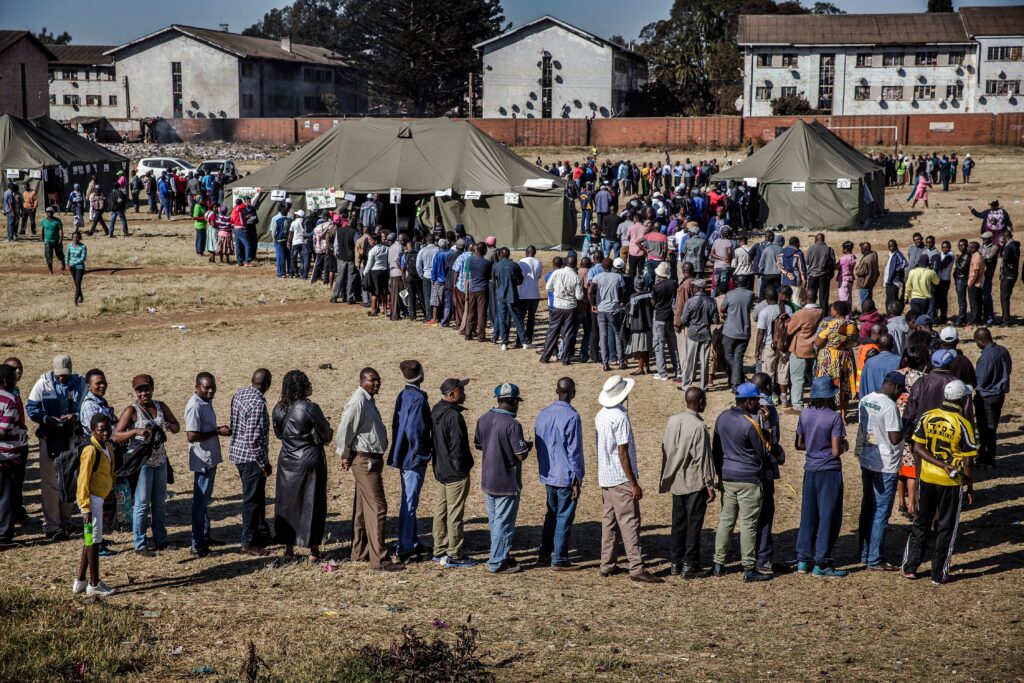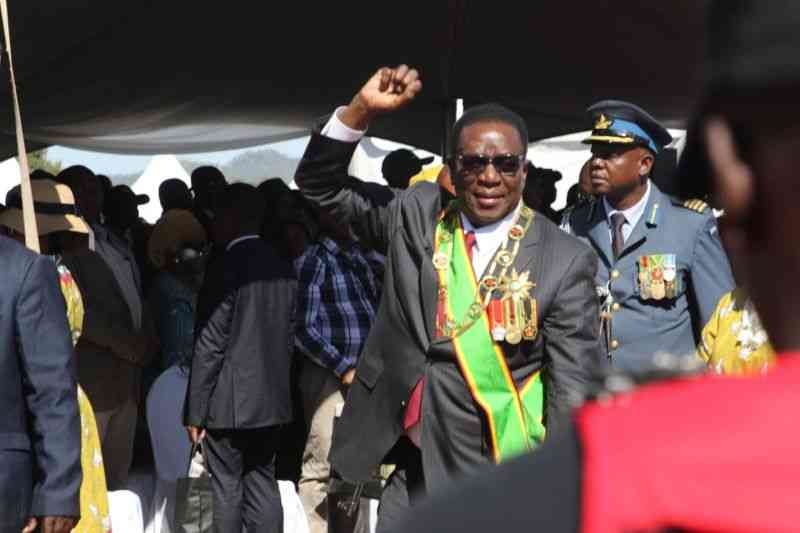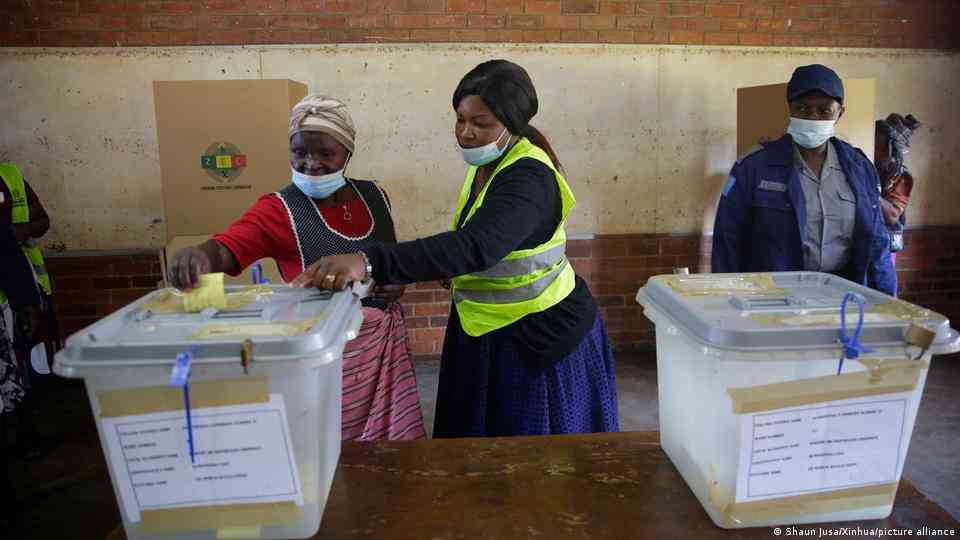
By Evans Mathanda Zimbabwe will hold by-elections on March 26, with general elections slated for next year. The elections come at a time when the Zimbabwe Electoral Commission (Zec) has been accused by stakeholders and opposition political parties of presiding over a shambolic voter registration exercise and lack of transparency on the voters roll. NewsDay digital and online reporter, Evans Mathanda (ND) caught up with Election Resource Centre (ERC) director Babra Dube (BD) to discuss the elections among other issues.
ND: Recently, Zec published figures of newly-registered voters; how credible are those figures? BD: While the ERC welcomes the decision taken by Zec to publish figures of newly-registered voters, the election watchdog remains concerned at the disputes arising out of the figures published by Zec. The disputes are a result of lack of comprehensiveness and inclusivity by Zec in all electoral processes. ERC will always, and has been calling on Zec to avail an updated voters’ roll to all electoral stakeholders in order for them to be able to track changes made to the voters’ roll from 2018 till now. This will help to ensure credibility and transparency as well as to ensure that Zec is an independent commission which does not serve the interests of any political party.
ND: There have been suggestions that the figures released by Zec were an elaborate plan by Zanu PF to rig the forthcoming election. Do such suggestions hold water? BD: Conspiracies and allegations of rigging are a result of lack of transparency on the part of Zec, which was worsened by the lengthy and illegal suspension of by-elections since 2019. The allegations of rigging are testament to the lack of credibility faced by the electoral commission. Therefore, the commission should take a proactive approach to ensure that there are free and fair election in Zimbabwe.
ND: As Zimbabwe prepares to hold elections in 2023. Do you think Zec has done enough to ensure a level playing field? What needs to be done to ensure that the elections will be free and fair? BD: In carrying out its constitutional mandate to oversee elections, Zec must be impartial and independent. Zec’s activities, decisions and roles must not be influenced by anyone. Moreso, there ought to be transparency and accountability (responsibility to justify actions or decisions) to citizens, political parties and independent observers. Zec should ensure verifiability (demonstration of accuracy beyond reasonable doubt) and inclusivity (providing equal access) to processes will enhance public confidence in the commission. These processes extend to voter mobilisation and education, ballot printing, results transmission and political party and civil society engagement.
There has been a lack of willingness to implement electoral reforms in Zimbabwe. There are observer mission recommendations that continue to be ignored and High Court judgments calling for reforms to the media that are not being implemented. The failure to implement reforms, including administrative reforms is a cesspool for a disputed 2023 election.
ND: How much have you put in place to fund your activities in relation to the forthcoming by-elections and the 2023 elections? BD: As ERC, we will ensure that we comprehensively carry out activities that will seek to increase the number of people participating in all electoral processes. We will also ensure that we strive to provide credible information, strategic services and deliberative platforms that aim to improve the quality of democracy and elections at all tiers of Zimbabwean society.
ND: Some Zimbabweans say voting is a waste of time. What initiatives are you carrying out to mobilise citizens to vote? BD: We have done several initiatives in efforts to mobilise citizens to vote. The initiatives include awareness campaigns such as encouraging citizens to “Say no” to disinformation, a programme aimed at increasing awareness on the importance of registering to vote. Additionally, the commission has been calling for reforms that create a level playing field as a decline in voter turnout can be attributed to disputes surrounding election credibility. Consistently, ERC has since 2010 designed various programmes that impacted positively towards the participation of citizens in democratic processes, much as they contributed to significant reforms to electoral processes in Zimbabwe especially during the transitional period ahead of the 2013 polls which marked the denouement of the coalition government.
ND: What activities are you undertaking to encourage citizens to vote in peace?BD: The history of Zimbabwean elections is littered with violent attacks and abductions to the extent that some innocent lives were lost due to an electoral dispute in August 2018. However, ERC will continue to engage all other electoral stakeholders including the Zimbabwe Human Rights Commission, the National Peace and Reconciliation Commission, Zec and all political parties calling on them to take a proactive stance in ensuring peace within the electoral environment ahead of 2023 elections. It is important to note that fully implementing the electoral laws aimed at ensuring peace is the first step in achieving a peaceful electoral environment.
- Chamisa under fire over US$120K donation
- Mavhunga puts DeMbare into Chibuku quarterfinals
- Pension funds bet on Cabora Bassa oilfields
- Councils defy govt fire tender directive
Keep Reading
- Follow Evans on Twitter @EvansMathanda19










